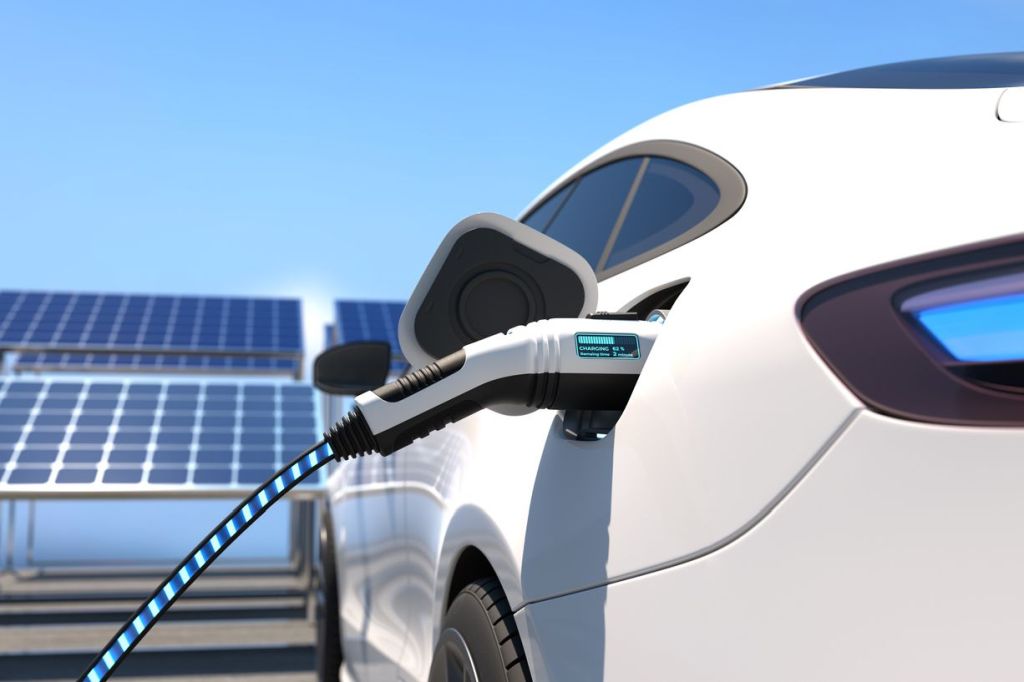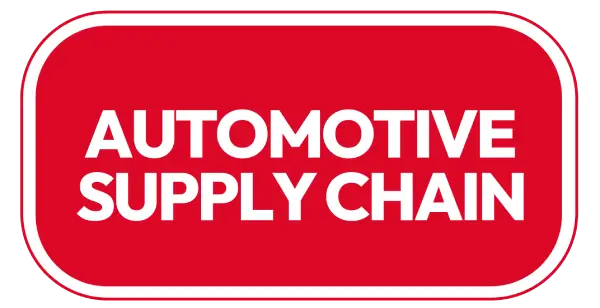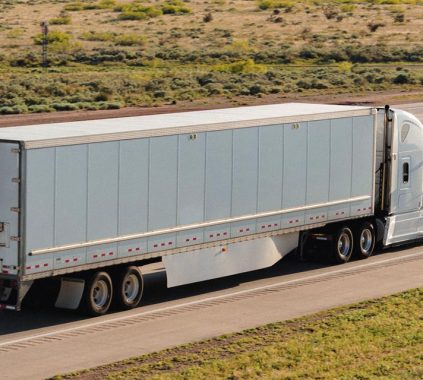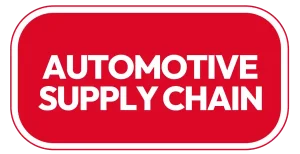The global automotive supply chain, long considered a marvel of modern logistics, is facing a convergence of challenges reshaping its structure and strategies. From geopolitical tensions to the electric vehicle (EV) revolution, these pressures are testing the resilience of an industry grappling with unprecedented change. Addressing these challenges is necessary for survival and driving sustainable growth and innovation in the years ahead.
Geopolitical Tensions and Supply Chain Disruptions
Geopolitical instability has become one of the most significant disruptors of the automotive supply chain. Trade disputes, shifting tariffs, and even conflicts have strained the sourcing of critical materials, such as semiconductors and rare earth metals.
The semiconductor shortage—triggered in part by COVID-19 disruptions and escalated by tensions between key trading nations—has highlighted the vulnerabilities of the sector. Automakers like General Motors and Ford have been forced to halt production of certain models due to chip scarcity, resulting in estimated revenue losses of over $210 billion in the industry in 2021 alone.
Additionally, the reliance on a globalized supply chain adds further risk. For example, the war in Ukraine created challenges for sourcing neon gas, a critical input for semiconductor manufacturing, and wiring harnesses vital to assembly lines. Automakers increasingly recognize that a single bottleneck or geopolitical flashpoint can ripple across the entire network, leading to severe consequences for production and delivery timelines.
Building Resilience
To mitigate these risks, companies are rethinking their strategies by investing in regional production hubs—often called “nearshoring” or “friendshoring.” Automakers can reduce reliance on fragile, far-flung supply networks by sourcing materials and components from politically stable and geographically closer locations.
Additionally, partnerships between automakers and semiconductor manufacturers, as seen between Toyota and Renesas Electronics, are helping secure long-term chip supplies. These efforts are crucial for maintaining operational continuity in an increasingly fractured and uncertain world.
Technological Advancements Reshaping the Landscape
Rapid technological advancements are both a boon and a challenge for the automotive supply chain. With smart factories, artificial intelligence (AI), and the Internet of Things (IoT) becoming the norm, companies must integrate these innovations while managing associated risks.
On the one hand, advanced analytics and real-time data allow automakers to predict potential disruptions and optimize logistical routes. A case in point is BMW, which uses predictive analytics to monitor its supply chain and detect potential bottlenecks before they escalate. On the other hand, adopting these technologies requires significant investment and a skilled workforce, which may not always be readily available, especially for smaller suppliers.
The rise of autonomous vehicles also adds complexity. Suppliers must now deliver increasingly sophisticated components like advanced driver-assistance systems (ADAS) and LiDAR sensors, further complicating the manufacturing process. Ensuring these components meet technical and safety requirements places additional strain on already stretched supply chains.

Pioneering Green Supply Chains
Responsible sourcing is becoming a key focus. BMW, for example, has vowed to procure cobalt and lithium only from sustainable sources while committing to stricter supplier evaluations. Meanwhile, leveraging blockchain technology to track the origin of materials ensures transparency and adherence to ethical standards.
As automakers seek sustainable solutions across their supply chains, industries such as biotechnology are also emerging as influential players in driving sustainable practices. For example, platforms like Peptide Shop are innovating in their fields with a focus on responsible sourcing and sustainable manufacturing methods.
While peptides and automotive supply chains may seem unrelated at first glance, the underlying trend toward sustainability and ethical production practices in both sectors highlights the importance of long-term solutions and collaborative efforts across industries.
Collaboration and Innovation
Automakers and suppliers collaborate more closely and co-develop technologies to stay competitive. For instance, Stellantis’ collaboration with Qualcomm to create advanced in-vehicle connectivity systems shows how partnerships can drive innovation while sharing costs and expertise.
Furthermore, investments in smart manufacturing technologies—such as Ford’s $11.4 billion commitment to building EV and battery production hubs with advanced automation—pave the way for more efficient and flexible production systems.
The Electric Vehicle Revolution and Resource Scarcity
The shift to electric vehicles represents a seismic change in the automotive industry but brings new supply chain challenges. EVs require different materials—lithium, nickel, cobalt, and other critical minerals essential for battery production. Demand for these resources is skyrocketing. According to the International Energy Agency (IEA), global lithium demand is expected to increase 40-fold by 2040 due to the EV market.
This surge in demand is leading to fierce competition for resources, compounded by concerns over the environmental and ethical impacts of mining. For example, cobalt mining in the Democratic Republic of Congo has drawn criticism for reports of human rights abuses and environmental degradation. Automakers must now address these challenges while securing reliable, sustainable sources of materials.
Securing the EV Future
Companies are pursuing alternatives to strengthen their EV supply chains. Tesla’s move to vertically integrate battery production is a prominent example, aiming to control costs and improve access to scarce materials. Furthermore, efforts are underway to develop next-generation battery technologies, such as solid-state batteries, which may reduce dependence on rare minerals.
Automakers are also investing in recycling programs to reclaim valuable materials. For instance, Volkswagen’s battery recycling pilot project targets a 90% recovery rate for raw materials, creating a circular supply chain less dependent on mining.
Sustainability in Spotlight
Sustainability has become a pressing priority for the automotive industry to meet regulatory demands and satisfy consumers who are growing more environmentally conscious. There is increasing pressure to minimize carbon emissions throughout the supply chain. According to a CDP report, automotive supply chains account for up to 90% of the industry’s total greenhouse gas emissions.
Efforts to decarbonize supply chains include shifting to renewable energy, using recycled materials, and optimizing transportation networks. Automakers like Volvo have committed to achieving climate-neutral production by 2040, a goal that will require significant changes across their supply chain operations.








